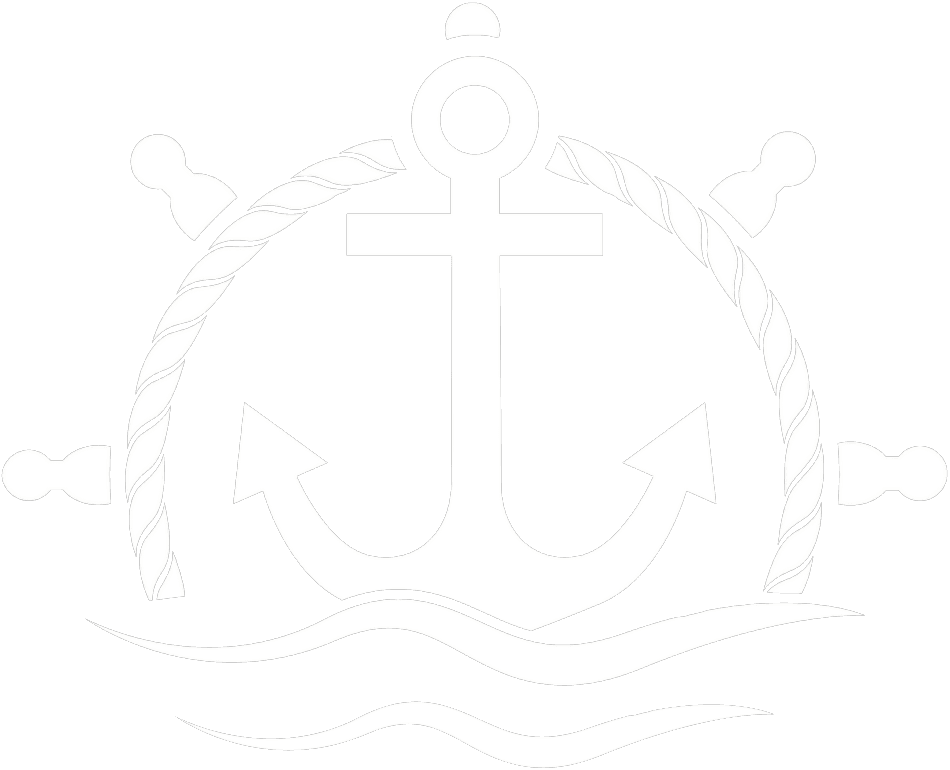
MARITIME INJURY LAWYER IN MOBILE, AL
Working in a maritime industry comes with significant risks, from hazardous offshore conditions to dangerous equipment failures. If you’ve been injured while working on a vessel, oil rig, dock, or harbor, you may be entitled to compensation under federal maritime laws. However, securing the benefits you deserve isn’t always straightforward—employers and insurance companies often try to limit or deny claims. That’s where an experienced Mobile maritime injury lawyer can make a difference.
At Long & Long, we specialize in representing injured seamen, offshore workers, and dock employees around Mobile, AL, and along the Gulf Coast. With a deep understanding of The Jones Act, the Longshore and Harbor Workers’ Compensation Act (LHWCA), and other maritime laws, our team fights to ensure you receive the maximum compensation for medical expenses, lost wages, and long-term care.
We don’t charge any upfront fees and we work on a contingency fee basis, meaning you don’t pay anything unless we secure compensation for you. Contact us today for a FREE case review.
Has Someone Been Hurt?
Fill out the form below for a FREE case review.
What’s On This Page
Our Maritime Injury Settlements
Why You Need an Attorney For Your Maritime Case
Maritime injury claims are far more complex than standard personal injury cases. Unlike traditional workplace accidents that fall under state workers’ compensation laws, maritime injuries are governed by federal laws such as The Jones Act and the Longshore and Harbor Workers’ Compensation Act (LHWCA). These laws provide injured maritime workers with legal protections, but navigating the claims process requires a deep understanding of maritime statutes, employer responsibilities, and insurance company tactics.
If you’ve been injured in a maritime accident, you’ve made it to the right place. Our team is well equipped to handle the unique complexities involved in maritime accident cases, and our team is here to make the process as easy as possible for you. We take the stress and frustration off your shoulders and help you get your life back together as soon as possible. Contact us for a free case review today.



















































